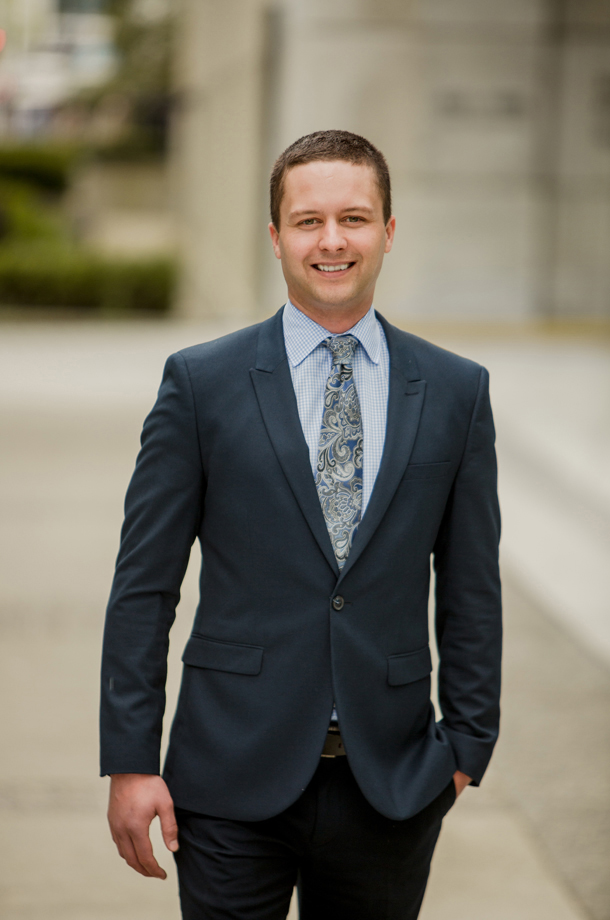When an individual makes a gratuitous transfer of money or property (other than to a spouse or dependent child), the law presumes that the transfer is not intended as a gift. Instead, the law presumes that the money or property is held in trust by the recipient. This concept is called the presumption of a resulting trust. In any given case, the presumption may be rebutted by evidence of the person’s intention to gift the money or property at issue.
A recent decision of the British Columbia Supreme Court, Young Estate (Re) v. Szabo, 2015 BCSC 388 [“Young Estate”] illustrates the evidence the Court will consider in determining whether the presumption of resulting trust has been rebutted. The issue in Young Estate was whether a $100,000 cheque given by the deceased, Ms. Young, to the defendant, Mr. Szabo, was held on a resulting trust or, rather, intended to be a gift.
Ms. Young was a 50 year old single mother. In the spring of 2010, she became friends with a neighbour, Mr. Szabo. In February 2011, Mr. Szabo was injured at work and, as he had no family or friends in town, Ms. Young offered to take him in and care for him. While living with Ms. Young, Mr. Szabo assisted with her 9 year old son (helped him with homework and drove him to soccer) and otherwise helped out around the house. Although sharing a roof, Mr. Szabo and Ms. Young remained good friends – and nothing more.
In the spring of 2011, the two decided to sell their respective properties and purchase a larger, waterfront home together. They began searching for properties, engaged a real estate agent, and prepared listing agreements for their condominiums. As Mr. Szabo had significant credit card debt, he discussed the need to reduce his debt with Ms. Young. On October 6, 2011, a few weeks prior to Mr. Szabo’s birthday, Ms. Young borrowed $100,000 from her bank using a line a credit secured against one of her properties and made out a cheque to Mr. Szabo for the same amount. Later that day, Ms. Young gave the cheque to Mr. Szabo, who deposited it in his personal account and used the funds to pay off his $53,000 credit card debt.
On October 29, 2011, Ms. Young was found unconscious in her bedroom and passed away in the hospital two days later, without a will. The administrator of Ms. Young’s estate brought an action against Mr. Szabo for the return of the $100,000 to the estate. Mr. Szabo argued that the cheque was a gift and relied on the following evidence to prove Ms. Young’s donative intent:
- Ms. Young held over $100,000 in securities;
- When she presented him with the cheque, she told him “Happy Birthday”, “I want you to succeed” and “I hope this eases your burden”;
- He used the funds to pay his credit card debt, as per Ms. Young’s wishes;
- Certain notes showed that Ms. Young was grateful for his assistance with her son and that she held him in high regard;
- He helped Ms. Young around her unit;
- He did not conceal the fact that Ms. Young had given him the funds; and
- Ms. Young told him that the cheque was a gift and that she was a generous person that helped out friends in the past.
After discussing the relevant case law, the Court held the following:
- It is the intention of the donor that governs, not the intention or understanding of the recipient or anyone else;
- Both direct and circumstantial evidence of the circumstances in which the transfer was made must be weighed in order to determine the intention of the donor and the effect of the presumption; and
- Only when the transferor’s actual intention cannot be ascertained does the presumption tip the scales in favour of the donor or their estate.
After considering all the evidence, the Court concluded that the presumption of resulting trust applied and that, as a result, the $100,000 was property of the estate. The facts considered by the Court in support of the decision included that:
- Mr. Szabo’s evidence was unreliable because his memory of his interactions with Ms. Young was impacted by the pain medication he was taking for his work injury;
- Ms. Young was focused on purchasing real estate;
- The two were never in a romantic relationship – they were friends involved in a joint venture to buy real estate where each party’s financial contribution would define their ownership in the property;
- Mr. Szabo initially told Ms. Young’s sister that he held a real estate deposit for Ms. Young;
- The $100,000 represented a substantial portion of Ms. Young’s net worth;
- Ms. Young borrowed the funds and it was unlikely that someone in her position would borrow such a large sum to gift to a friend;
- Ms. Young had a young son whose father provided no financial support;
- Mr. Szabo paid rent during at least a portion of his stay with Ms. Young; and
- Following Ms. Young’s death, Mr. Szabo told the real estate agent that he might be asked some questions and that he should state that he did not know anything.
The totality of the circumstances in which the cheque was given to Mr. Szabo suggested that it was not intended as a gift. Therefore, on the facts of this case, there was a resulting trust.
Thank you to Alexandra Andrisoi for her assistance with this blog post!



